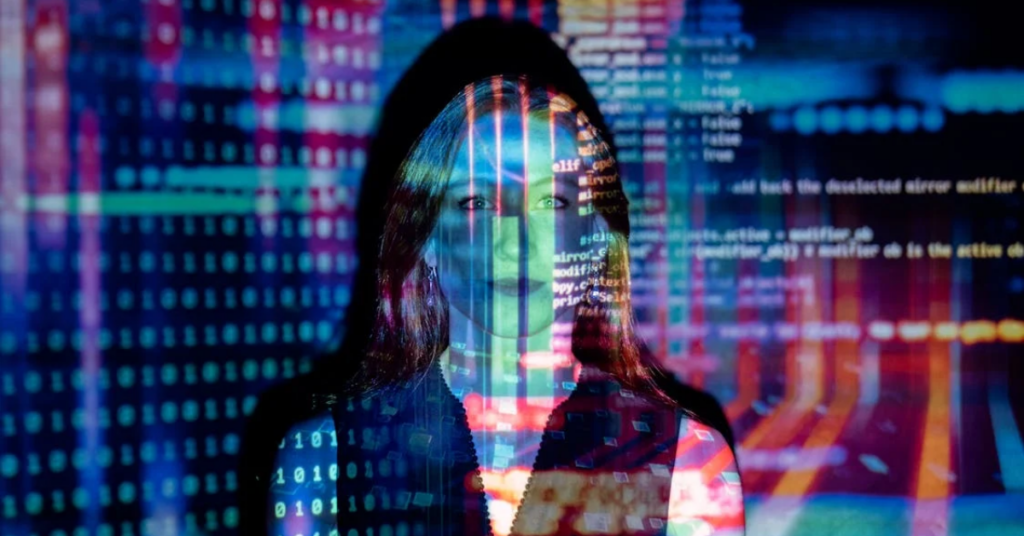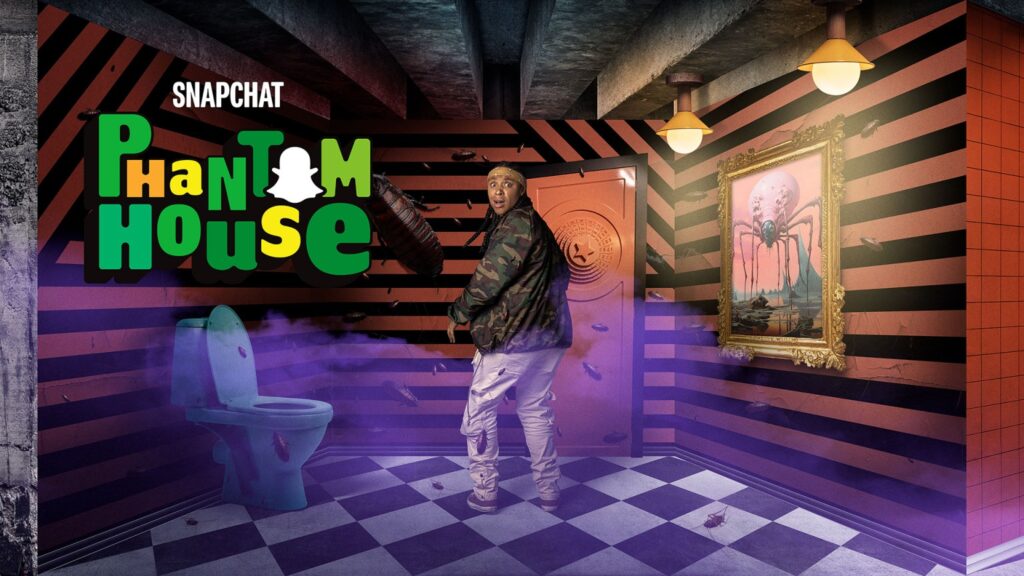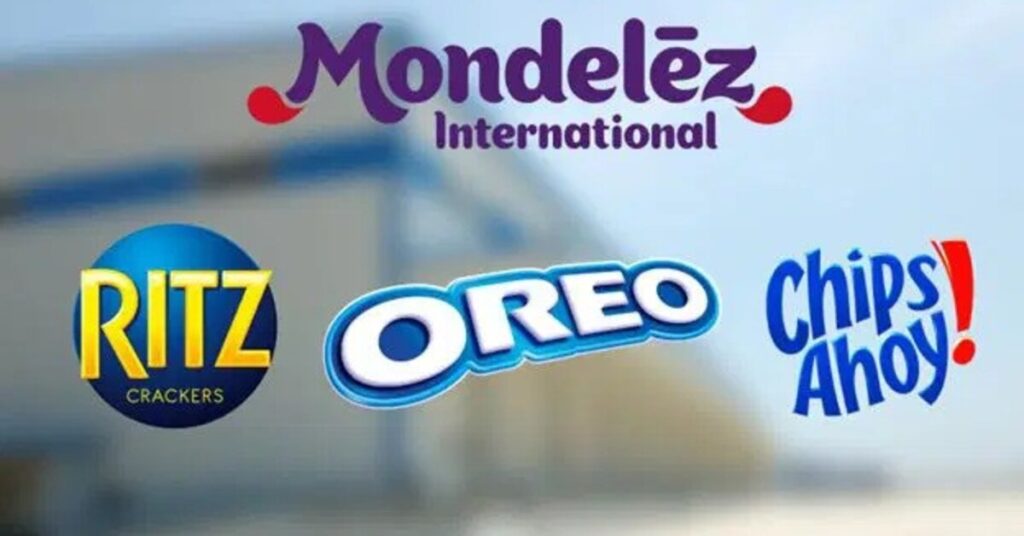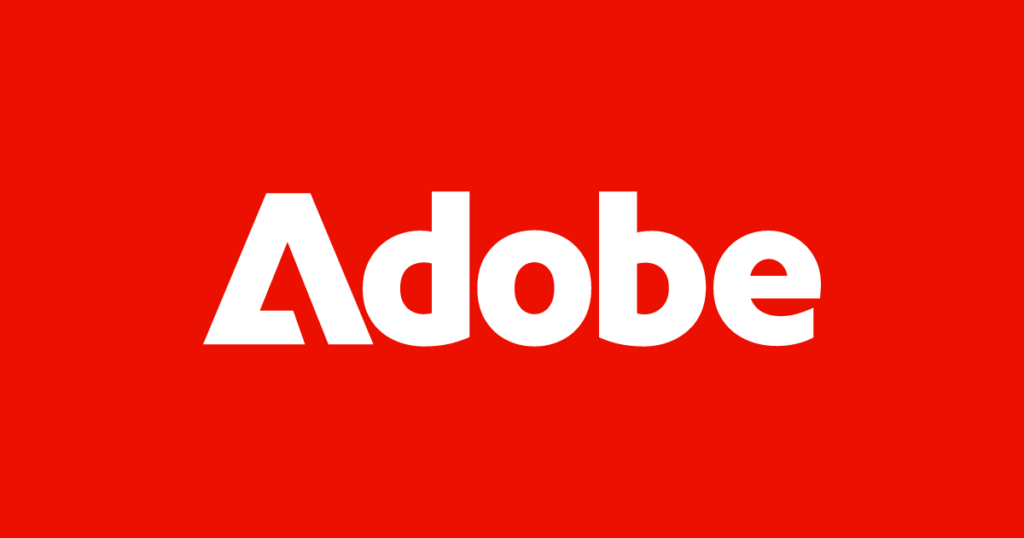AI has intrigued nearly every industry, most of all the world of marketing and advertising. Brands have taken up AI for creativity purposes and expand their user base. But has gotten the luxury market in a dilemma, because luxury’s essence rests on craftsmanship, exclusivity, and human creativity and no technology can fully replicate these core elements.
However, this hasn’t stopped luxury brands from leveraging artificial intelligence to create value without losing that intrinsic luster. Brands like Valentino, Moncler and Zegna have started using AI technology for their marketing campaigns. American fashion house Ralph Lauren has been using generative AI uses cases for copy editing and graphics for a captivating blend. And Maison Meta partnered with WeSayHi, a creative agency, to showcase Moncler’s collaborations with Pharrell Williams, Alicia Keys, and Adidas Original.
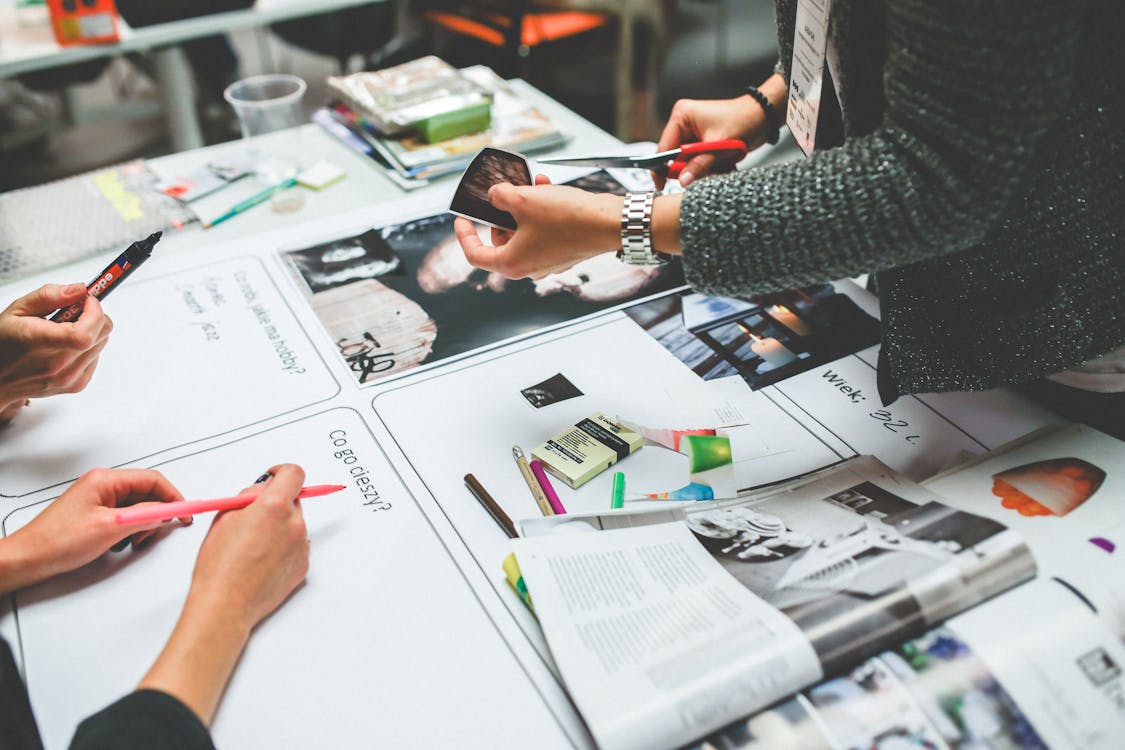
Valentino deployed the GameOn intelligent chat platform, which uses select elements of GPT trainable AI to enable conversational interactions with consumers, in its “Unboxing Valentino” spring/summer promotion. Moreover, the brand’s Essential line used AI for photography purposes. But using AI isn’t easy. It still requires manual work to fine-tune and perfect AI-generated images so they look real.
Charaf Tajer, the founder and creative director of Casablanca, said the luxury fashion house took up an AI-generated campaign for its Spring/Summer 2023 collection. However, they had to retouch the AI-generated visuals since the AI technology didn’t know what the latest collection looked like. Tajer said the freedom of AI provides a double-edged sword since it essentially offered infinite possibilities.
Nicholas Cropp, global digital design director at Jo Malone London, in a LinkedIn post said AI is changing the digital design landscape for luxury brands by enabling personalized experiences. “Machine learning algorithms can analyze customer data to understand preferences, predict behavior, and create tailored recommendations. This level of personalization goes beyond simple product suggestions, extending to the overall design and presentation of a luxury brand’s digital presence.”
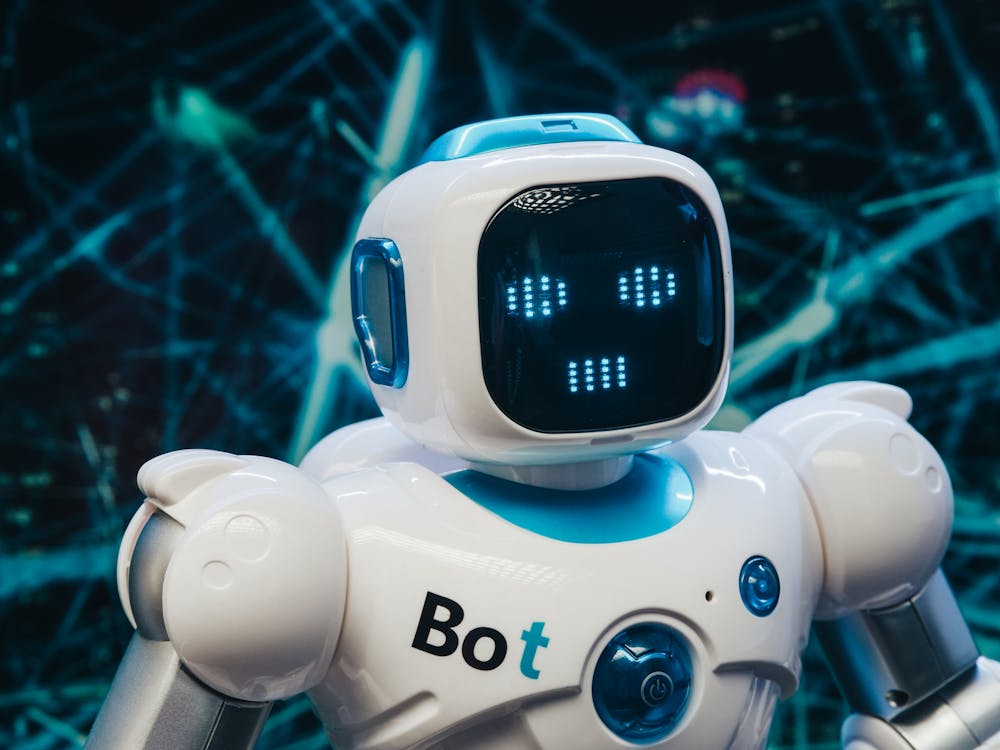
Cropp highlighted Burberry, a British luxury brand, which uses AI to analyze customer data and create personalized recommendations, both online and in-store. The technology analyzes purchase history, browsing behavior, and social media engagement to offer tailored product suggestions, enhancing the shopping experience for their high-end clientele. Yves Saint Laurent (YSL) Beauty also utilized an AI-powered chatbot called YSL Beauty Assistant. It offered personalized product recommendations, makeup tutorials, and feedback to customer inquiries. This made the online shopping experience more interactive.
Furthermore, luxury brands used AI-generated designs to create unique and captivating visuals for marketing campaigns, social media content, and product packaging. It saves time and resources and ensures that a brand’s visual identity remains fresh and engaging.
Also Read: Pexel Artworks Launches ‘The LightHouse’ for Brands to Experiment with AR and MR
